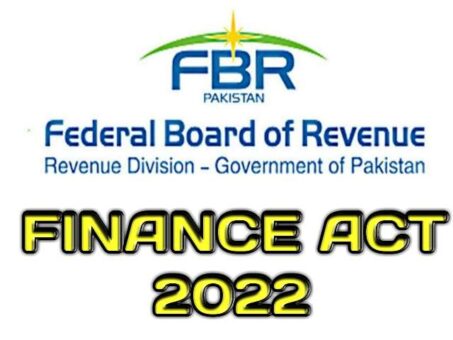KARACHI: The Federal Board of Revenue (FBR) has implemented a simplified tax regime from shopkeepers and small retailers.
Through the Finance Act, 2022 important amendments have been made to Income Tax Ordinance, 2001.
READ MORE: Pakistan withdraws tax amnesties for industrial promotion
Tax experts at PwC A. F. Ferguson & Co. explained that for other than Tier – 1 retailers and specified service providers, a ‘final tax’ has been levied on the basis of gross amount billed for commercial electricity connections at the following rates:
Where the amount does not exceed Rs. 30,000: the tax shall be Rs3,000
READ MORE: Pakistan expands tax exemptions under foreign treaties
Where the amount exceeds Rs. 30,000 but does not exceed Rs. 50,000: the tax shall be Rs5,000
Where the amount exceeds Rs. 50,000 but does not exceed Rs. 100,000: The tax shall be Rs10,000
Specified retailers and service providers through Income Tax General Order: the tax shall be Rs200,000
READ MORE: Capital gains tax revamped on disposal of immovable properties
The aforesaid tax shall be collected by the electricity companies through monthly bills in addition to withholding tax under section 235 of the Income Tax Ordinance, 2001.
However, in case sales tax is collected from such retailers through electricity bills under section 3(9) of Sales Tax Act, 1990, the sales tax will constitute discharge of tax liability under this section and thus no tax will be charged/ collected along with electricity bills.
READ MORE: Tax on deemed income arising from capital assets in Pakistan
The Federal Government is empowered to issue income tax general order for implementing this scheme and to specify service providers eligible for this regime.



